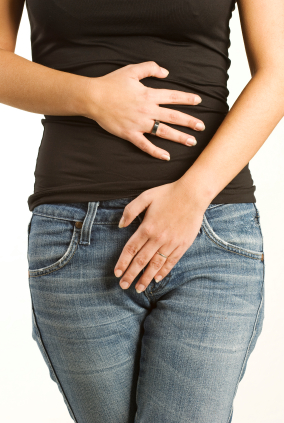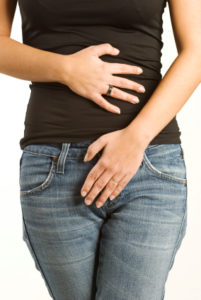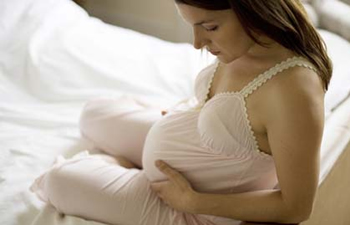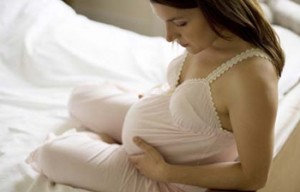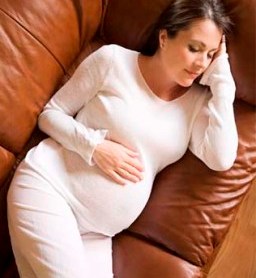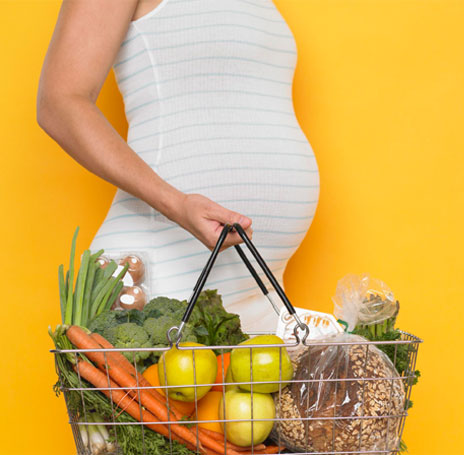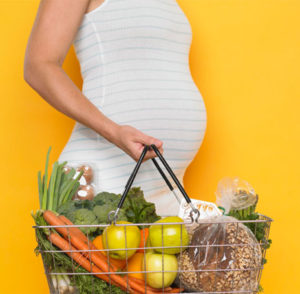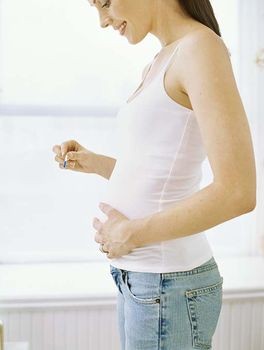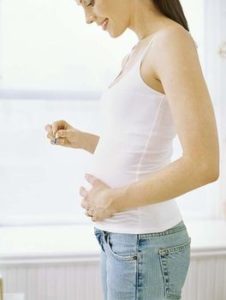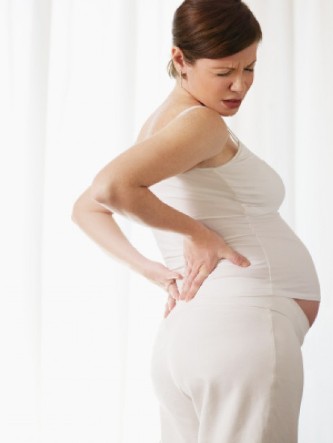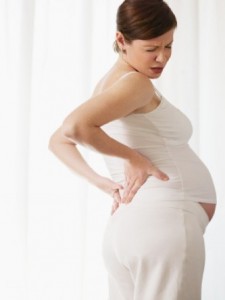It is one of the most dreaded stages by women, but its annoying symptoms can be controlled if we are convinced eat well and with intelligence.
While it is important to properly nourish throughout our life, pregnancy and menopause are certainly times when we will need more care of our diet. And believe it or not what you eat can make a difference, relieving the signs of menopause, and making you feel much better.
In the beginning you should eat plenty of fruits and vegetables to obtain from them the amount of vitamins, minerals, fiber and antioxidants that your body needs. Broccoli and spinach are light options and very flattering for your body, contain fiber and composed of a lot of fluid which will make you feel quenched and eat less.


